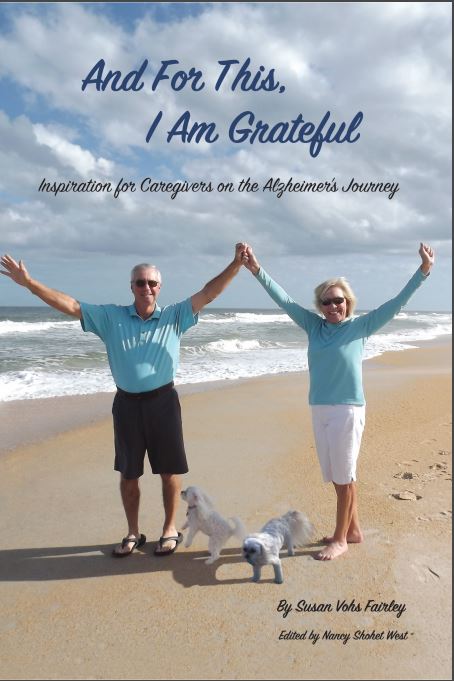More specifically, he wanted to know how his grandmother had supported a family of five young children after her husband’s sudden death in the earliest days of the twentieth century. He had heard that his grandmother ran a boarding house and possibly a restaurant as well, and he had even excavated some legal records that supported this information, but that wasn’t enough.
“How did they get by?” he mused. “How did they make enough money, how did they keep themselves safe, and where did their courage and fortitude come from?”
And therein lie the shortcomings of genealogy. There’s just no good way to illustrate fortitude, spirituality, or determination on the branches of a family tree. Birth dates, death dates, immigration records, legal proceedings – none of those capture the measure of a person’s soul.
“So you wish your ancestors had written down their thoughts,” I pointed out. “Journals would answer some of these questions. Or letters.”
Or interviews. Or memoirs. None of which existed in this particular family, as far as we could tell.
Genealogy is helpful and interesting. So are the more detailed bureaucratic records that newspaper searches and immigration reports can turn up. But none will answer that critical question: What was in their souls? What did they fear? What inspired them? What gave them hope?
Maybe these questions sound old-fashioned by today’s standards. Maybe you read this and think, “Yes, of course I’d like to know what was in my great-grandmother’s soul when her house burned down and she forged ahead, or when my great-uncle arrived on Ellis Island with no contacts and no employment, but no one wants to know what was in my soul when I applied to law school.”
But of course, that’s not true. Questions about what motivates us will always be important in relation to our circumstances and our deeds. I’m currently finishing a memoir project with an 88-year-old who took up paragliding when he turned eighty. What motivated him? The belief that he could get a different perspective – literally – on the world he loved so much by hovering above it. Paragliding at the age of eighty may sound like more of a self-indulgence than a fundamental principle, but this man’s great-grandchildren will hear of his feats, see photos – and want to know what lay behind those anecdotes and photos.
This week I wrapped up a set of interviews with a client now in her late seventies who was widowed at the age of thirty-four when her husband took his own life. Their three sons know what happened to their father; he suffered from severe depression and took an intentional overdose. What they don’t necessarily know is what happened to their mother. They know the biographical basics, of course. They bore witness. She gathered them together and moved to a new city five hundred miles away, where she embarked upon a political career and married a minister.
But when she contacted me about her memoir, she confessed that she wasn’t sure she had ever communicated to them what it felt like to lose her husband at such a young age, in such a horrific manner. And if she hadn’t told her sons, how would they tell their own children and grandchildren?
Sometimes I talk to prospective clients in their seventies, eighties or nineties who feel it would be immodest to write a memoir. Raised long before blogs, Facebook posts and selfies, what feels to younger generations like self-examination feels to them more like self-aggrandizement. Or, put more simply, immodesty. Or even hubris.
But it’s not, and my job is to convince them of that. Exploring the story of their life isn’t about saying how successful or clever or admirable or impressive they were. It is, instead, faithfully recording the details of how they lived their lives – both the practical details and the intangible ones. How they recovered from tragedies. How they made sense of random acts of fate. How they interpreted the world around them, both the good and the bad.
Genealogy is a critical component of personal history. Understanding who begat whom, the who and what and when, gives us a solid foundation from which to understand ourselves and our pasts. But it is only the beginning. As any journalist knows, beyond the who and what and when lies the why. And sometimes the how. Why did they make those choices? How did they cope with their circumstances?
If you want to know this about your ancestors or even your current family members, others will want to know this about you. Now is the time to start creating your story – the details, yes, but also the nuance. Because that’s something that no genealogy website or archival newspaper records will ever capture as effectively as you will, yourself, in your own heartfelt words.
Want to get started on your memoir? Need some direction or motivation on a memoir project already underway? I’d enjoy talking to you about it!

 RSS Feed
RSS Feed